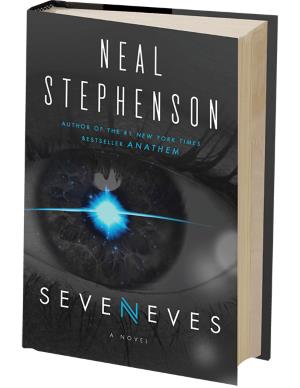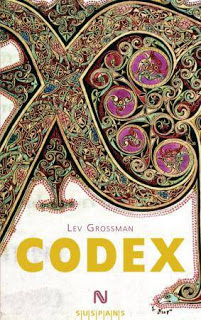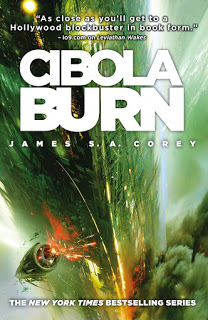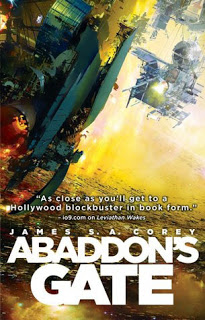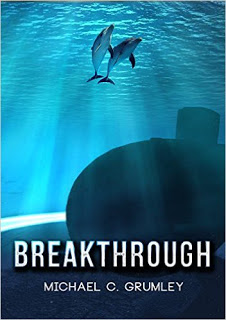Liu Cixin: Devourer, The Three Body Problem and The Dark Forest
 Liu Cixin is Chinese, which makes reading his work not only a pleasant science fiction pastime, but also an intercultural experience. That is because Chinese people are weeeeird :). Just kidding, but it does make for an interesting experience. Even with good English translation, the mindset behind the writing is clearly different from the Western writers I usually read.
Liu Cixin is Chinese, which makes reading his work not only a pleasant science fiction pastime, but also an intercultural experience. That is because Chinese people are weeeeird :). Just kidding, but it does make for an interesting experience. Even with good English translation, the mindset behind the writing is clearly different from the Western writers I usually read.I have read Devourer first, a short story, to see if I enjoy the writing style, then I read the first two books in the Remembrance of Earth series: The Three-Body Problem and The Dark Forest. It is clear that the author likes to think big, some even compared him with Arthur C. Clarke. In both stories Earth enters in contact with alien species which are vastly superior and devastatingly indifferent to the fate of the human race. While Devourer really reads like a Chinese story, you know with the emperor and the adviser and so on, it retains the same fear of irrelevance as the huge books in the trilogy.
To me it felt like The Three-Body Problem was more accessible, while The Dark Forest has a change of pace and style, but it very well may be because of the translator. It was easier to imagine scenes from Asian movies - with people shouting hysterically at each other to prove their loyalty to one group or the other and "generals" and all that jazz - while reading the second book than the first. Even so, throughout the reading I had these weird feelings of wrongness sometimes when things happened in a certain way because the protagonists were Chinese. Yet this was not relevant to the story or the enjoyment of the books. Also many Chinese cultural references were both instructive and eye opening. As an example, The Three-Body Problem starts in the middle of the Chinese Cultural Revolution which is just as appalling, if not more so, as our Nazi era.
I cannot talk about the stories without spoiling them too much, so I won't. Enough to say that they are all hard sci-fi, even if some of the elements there are not so scientifically accurate. Clearly for Liu Cixin the story took precedence to high technology, which is a good thing.
The third book in the trilogy, Death's End, will allegedly appear September 2016, from Tor Books. However, I have mixed feelings about it. The story almost ended with the second book. Do I really care what happens next? Will it be relevant or just the typical three book publishing deal forced the author's hand? There are some questions that remain unanswered and I would be glad to see a clarification in this upcoming book, but will they be enough to flesh a great story?
